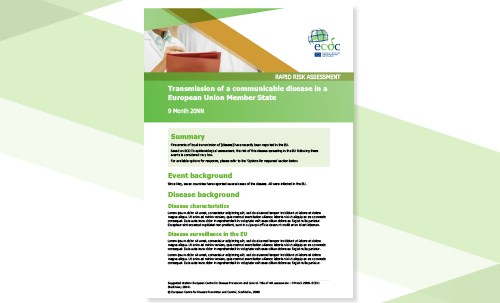French and Dutch migrant smuggling ring halted with 23 arrests

The Hague, 22 January 2020
In a joint action by French and Dutch authorities, coordinated by Eurojust, 23 persons have been arrested on suspicion of large-scale migrant smuggling. They are suspected of facilitating the illegal transport of approximately 10 000 Kurdish migrants to the United Kingdom in refrigerated lorries and small rubber boats, starting from various parking areas in France. In total, 19 suspects were arrested in France and four in the Netherlands, in the vicinity of The Hague. Five premises were searched. Total profits for the criminal network amounted to EUR 70 million.
Authorities in France began their investigations into the network in August 2018. The network picked migrants up from rest areas between Le Mans and Poitiers. During the investigations, suspects using vehicles with Dutch license plates were regularly spotted, which led to opening up the case to the Netherlands and a request for coordination from Eurojust.
Eurojust financed a Joint Investigation Team (JIT) and set up a coordination centre to support the French and Dutch authorities in rolling out actions on the ground. Two coordination meetings were organised to prepare this week’s operation. Eurojust also provided support with the execution of European Arrest Warrants.
During the investigations, a link was discovered to a suspect running an illegal hawala banking system in the Netherlands, which was partly used for the payment of transporting migrants. The fare for a journey to the UK with the smuggling network could run up to EUR 7 000 per person.
The action was successfully carried out by the International Specialised Jurisdisction of Rennes and BMRZ mobile brigade of the French border police, and the Dutch Koninklijke Marechaussee, the specialised FINEC unit of the national police and the Dutch immigration services. Europol provided analytical support during the operation.



